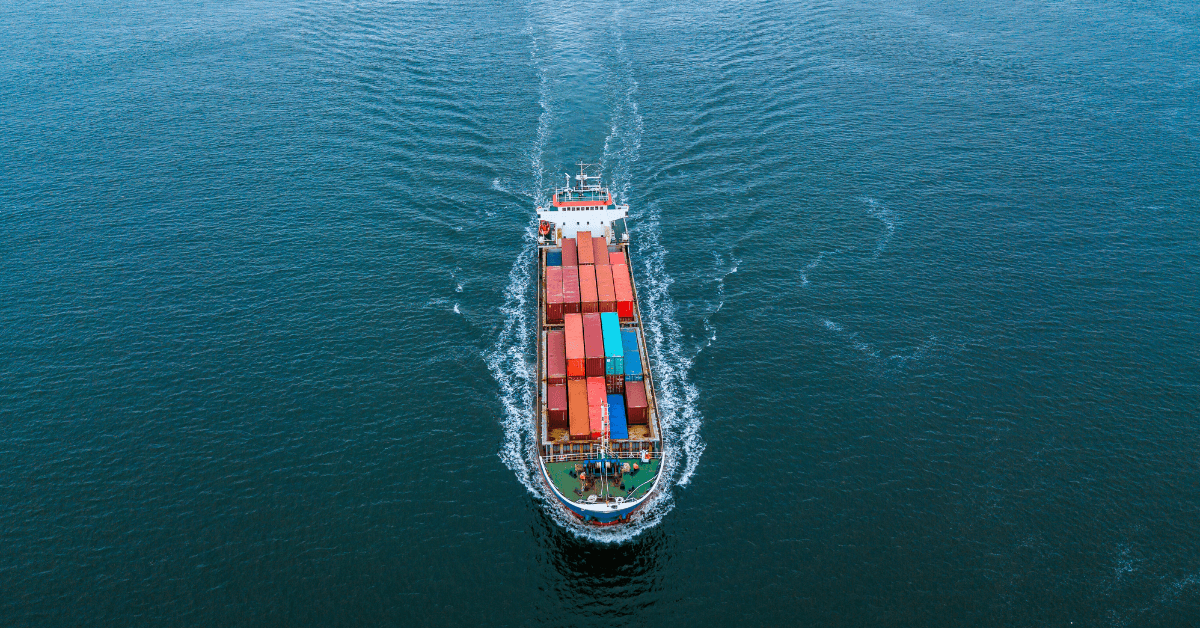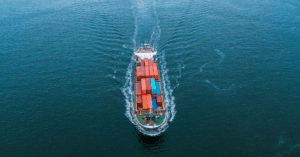
UK To Build 12 New Attack Submarines & Boost Nuclear Warhead Programme
June 3, 2025
Video: Greek Ferry Rescues 75 Migrants From Distressed Sailboat Off Karpathos
June 3, 2025

The Government of Panama has denied accusations made against it regarding its role in enforcing international sanctions against Iran, calling recent public claims by a U.S.-based advocacy group “misleading.”
In a public statement, Panamanian authorities rejected remarks made by Mark D. Wallace, the Executive Director of United Against Nuclear Iran (UANI). Wallace stated that Panama had not acted responsibly in preventing its ship registry from being used to evade sanctions.
Panama clarified that it operates its maritime sector through the Panama Maritime Authority (AMP), which manages the country’s Ship Registry and regulates maritime activities. Since 2019, the AMP has removed more than 650 ships from the Panamanian registry. Panama said these actions followed the UN Convention on the Law of the Sea (UNCLOS) and were part of its efforts to stop terrorism funding and illegal, unreported, and unregulated (IUU) fishing.
Officials emphasised that Panama works closely with the Government of the United States on maritime security issues. The AMP regularly coordinates with the U.S. Embassy in Panama and maintains direct communication with the U.S. Department of State, especially regarding the Ship Registry and shared security concerns.
Panama also pointed to its commitment to international cooperation through agreements with other countries. In August 2019, the country signed a Memorandum of Understanding (MOU) called the “Registry Information Sharing Compact” (RISC). This agreement includes Liberia, Vanuatu, the Marshall Islands, Dominica, Antigua and Barbuda, Moldova, and Panama.
Under this MOU, if a participating country’s ship registry cancels or refuses to register a vessel because of involvement in sanctionable activity, it must inform the other members immediately. The shared details must include information about the vessel and the nature of the sanctionable activity to help identify ships, companies, or groups acting against international maritime standards.
Following the MOU, Panama issued Resolution No. 106-048-DGMM on August 19, 2019. This resolution imposes sanctions on any Panamanian-flagged vessel that deliberately disables its Long-Range Identification and Tracking (LRIT) system or its Automatic Identification System (AIS), both of which are essential for tracking ships and ensuring safety at sea.
The country has also taken further steps to strengthen its control over potentially risky maritime operations. It introduced new, stricter rules for ship-to-ship (STS) oil transfers involving vessels under the Panamanian flag. These rules are meant to prevent the use of STS operations for avoiding sanctions or engaging in other illegal activities.
These actions follow Executive Decree No. 512, which was enacted in October 2024. This decree gives the Panama Maritime Authority the power to remove ships from the national registry if their owners appear on international sanctions lists. Since this decree came into effect, Panama has deregistered 214 vessels, which together amount to more than 12 million gross register tons (GRT).
Panama has stated that its Maritime Authority (AMP) regularly checks whether ships under its flag follow international maritime rules set by the IMO. These checks include background reviews and reports from the UN Security Council Panel of Experts.
If a ship is found to be violating national laws or international rules, it can face fines, administrative sanctions, or even be removed from Panama’s ship registry.
The government said it will continue to follow global maritime laws including, UNCLOS and stay committed to stopping the financing of terrorism and illegal fishing. Panama also said it will keep working with U.S. authorities to make sure its Ship Registry isn’t misused.
Reference: AMP
Source: Maritime Shipping News


